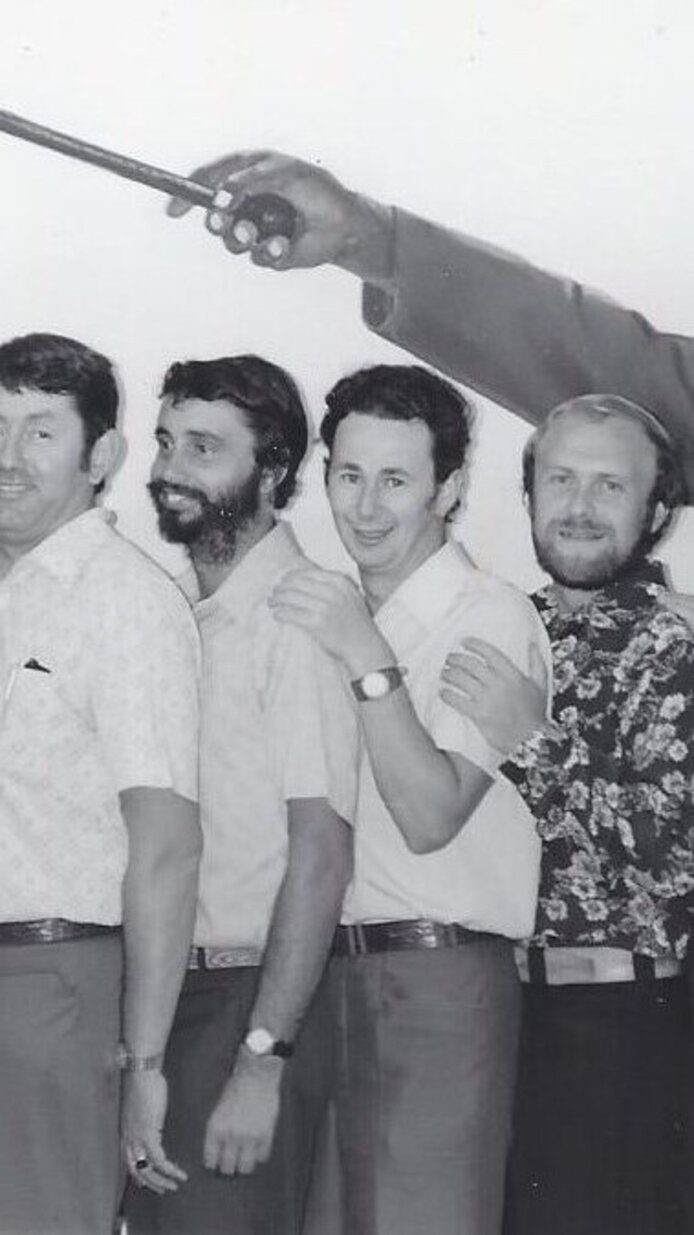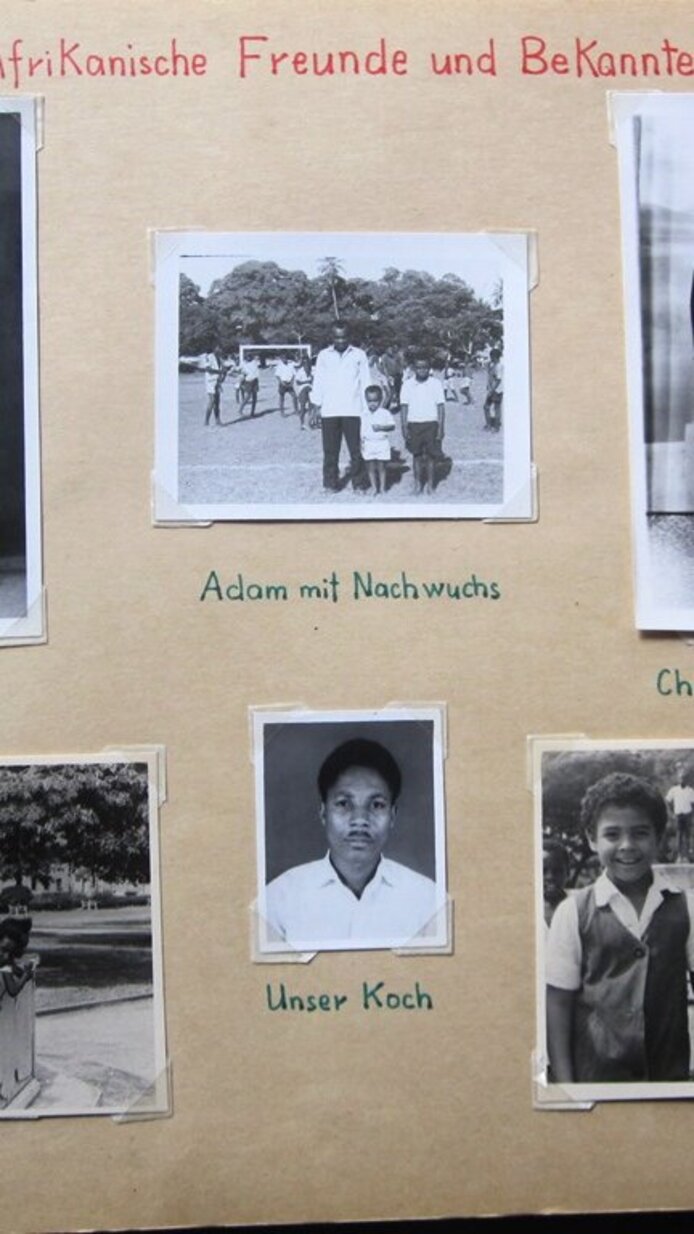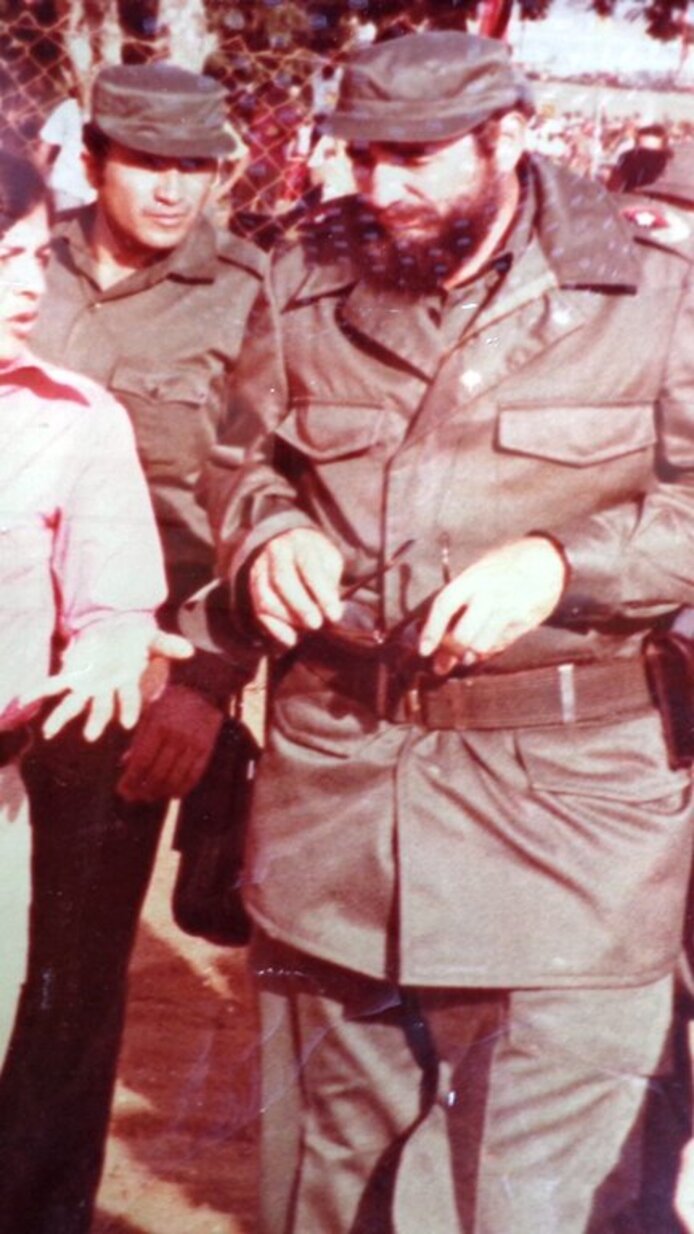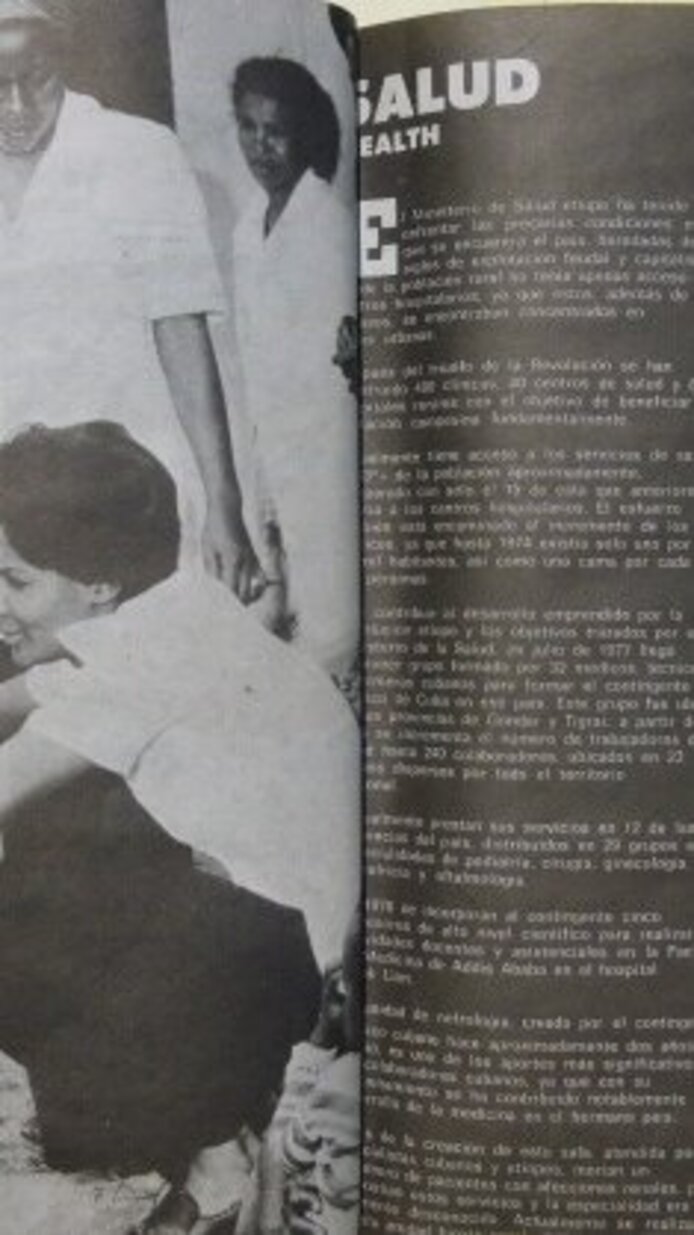Development policy during the Cold War
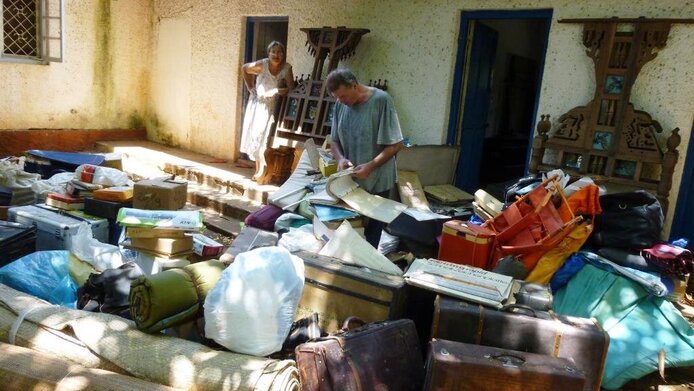
About 30 East German (GDR) engineers, 200 Cuban mechanics and 4000 local workers were involved in building the Mugher cement factory in Ethiopia. Constructed in 1980 and largely still in service today, the factory was just one of many development policy projects launched by the GDR in the countries of the South. This long term involvement of the GDR in Ethiopia was enshrined in the “Treaty on Friendship and Cooperation” between the two countries. “The fact that the Soviet Union and the GDR were strongly active in development policy between 1960 and 1990 and thereby globalised the European socialist system is often forgotten”, notes Berthold Unfried from the University of Vienna in the interview with scilog. The historian is currently working on development policy seen from a global perspective. With his colleague Eric Burton, principal investigator Unfried compared development activities by the two competing world systems using the examples of the GDR and West Germany (FRG) in the FWF-funded project on “seconded experts”. These two countries conducted numerous programmes in Africa, Latin America and Asia in order to advance education there and promote their respective models of society.
People on the move
Through painstaking archival and field work in Germany, Tanzania, Ethiopia and Cuba over the last three years, the two scholars from the Department of Economic and Social History reconstructed the dimensions of global exchanges during the Cold War. In the two African countries, both the FRG and the GDR were engaged. Cuba, for its part, was an important hub between the European socialist system and the countries of the South. The researchers focused their investigations on the people who were travelling the world because of their involvement in the development activities. Tens of thousands of people were concerned by this mobility, and the direction was not only from the North to the South, but there were also experts, skilled workers and students from the South, who went to the East or West to be trained and to work there. “Within the respective systems, a huge rotation of people produced a migration movement, albeit a temporary one”, explains Unfried.
Importance of local partners
In the process, the historians also conducted about 150 interviews with experts despatched by East and West and with their local “counterparts”. Little had been known about the latter, in particular. “Their statements were often diplomatic. There was a certain imperative to be polite, even when it comes to recollections”, Unfried found. One outcome that struck the historian from the University of Vienna was the remarkably strong impact the African and Latin American countries had on the way the cooperation was organized. The East-West conflict provided some leeway for these actors, such as Tanzania, who were inclined to shift between the two blocs in order to generate resources and further their own interests. “Particularly at the individual level, the relationships were not as one-sided as one might think”, says the expert. In addition, activities obeyed the maxim of no conflict with the local government. Both the FRG and the GDR showed a somewhat pragmatic attitude in this regard. If problems arose, as was repeatedly noted in the GDR staff files, there was little support to be had from their authorities for the people in the field. “There was more likely to be admonishment for the GDR expert than for a local expert”, notes Berthold Unfried. The seconded workers usually had to cope on their own with everyday problems arising in the field collectives.
Mutual interests
Development work was, and still is, a complex issue. In both political systems, networks of mutual interest emerged. The GDR, for instance, developed economic and trade relations as an alternative model to what they called the exploitative West, where trade relations were not considered as being part of the development sector. Modelled on Soviet practices, the GDR opted for barter trade in order to avoid foreign exchange issues. Coffee was bartered in exchange for agricultural machinery, sugar or coal for the deployment of experts. Evidently, the experience of living in other countries also left its mark on the seconded staff. One question relates to whether the experts travelling the world on their missions embraced a cosmopolitan lifestyle, as could be expected from a transnational group. “That was certainly not the case for everyone. Many lived in enclaves, as though they were still back home in the GDR, the FRG or Cuba”, comments Unfried. In sum total, however, the historian thinks that one could consider the deployment of development staff as a contribution to internationalisation, a phenomenon that later became known as globalisation. At the outset of FRG development policy efforts in the 1960s, international exchanges were also explicitly seen as one way of overcoming the aftermath of the Nazi era. In both systems, however, the wording adopted was keyed to cooperation among equal partners, as expressed in the West from the 1970s by the term development cooperation, and in the GDR under the label of international solidarity or socialist aid.
Personal details Berthold Unfried is a historian at the University of Vienna’s Department of Economic and Social History. Currently, his main research interest lies on the history of development policy from a global historical perspective. He conducted the FWF project “Seconded Experts in Development Aid and Socialist Aid in Times of Competing Systems” together with the doctoral student Eric Burton. Unfried is the author of several books, inter alia on the topics of restitution, Stalinism and moral policy.
Articles
Berthold Unfried: Friendship and Education, Coffee and Weapons. Exchanges between Socialist Ethiopia and the German Democratic Republic, in: Northeast African Studies 1/2016, 15-38
Berthold Unfried: Scènes de la vie quotidienne des coopérants de la RDA en Afrique: normes de comportement et transgressions, in: Coopérants et Coopération en Afrique: circulations d'acteurs et recompositions culturelles, dossier thématique Outre-Mers, Révue d'histoire 384-385/2014, 247-266
Final conference
